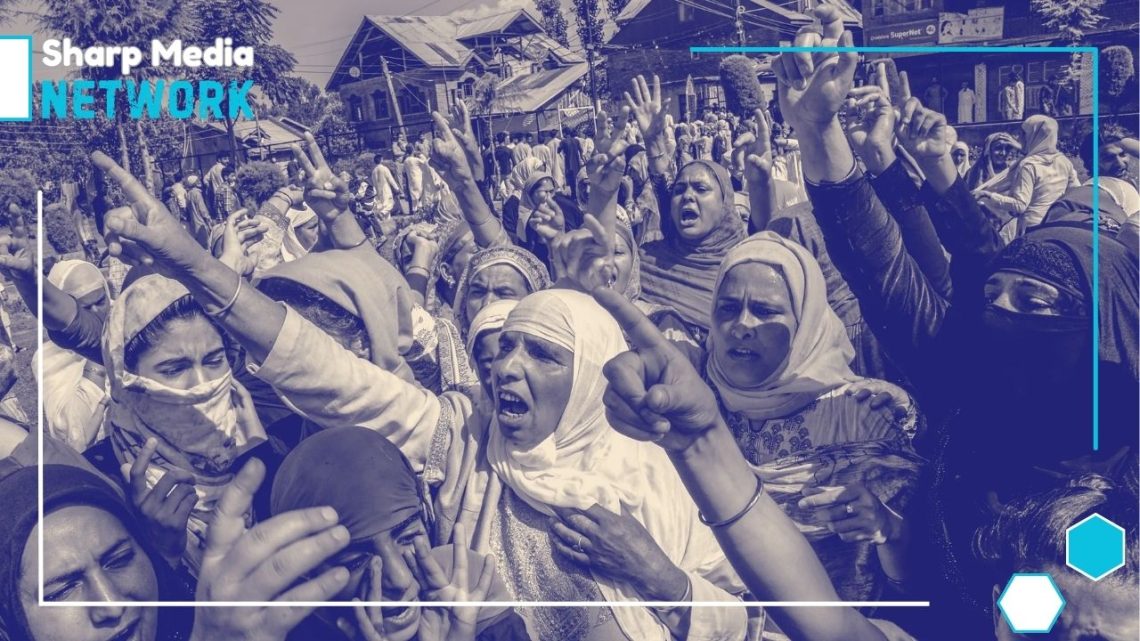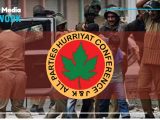
Kashmir’s Silent Cry: The UN Must Act Against India’s Repression
November 24, 2024The Kashmir Institute of International Relations (KIIR) has made an urgent plea to the United Nations High Commissioner for Human Rights to address the deteriorating human rights situation in Indian illegally occupied Jammu and Kashmir (IIOJK). This appeal sheds light on the horrific prison conditions and relentless political suppression in the region.
Altaf Hussain Wani, Chairman of KIIR, in a letter from Islamabad, exposed India’s weaponization of draconian laws like the Unlawful Activities (Prevention) Act (UAPA), Armed Forces Special Powers Act (AFSPA), and Public Safety Act (PSA). These repressive tools are being used to silence political leaders, journalists, and human rights defenders for peacefully advocating for the Kashmiri people’s right to self-determination—a right endorsed by United Nations Security Council resolutions.
The letter condemned the illegal detention of prominent leaders such as Masarrat Alam Butt, Shabir Ahmed Shah, Mohammad Yasin Malik, Nayeem Ahmed Khan, and Asiya Andrabi. These individuals are held in degrading conditions, denied fair trials, and often deprived of essential medical care. Their families bear immense hardships, traveling long distances at great financial and emotional costs to visit them.
The repression extends to human rights defenders like Khurram Parvez and journalists Irfan Mehraj and Sajjad Gul, who face baseless sedition charges for exposing India’s gross human rights violations in Kashmir. The targeting of civil society organizations, including the seizure of the Jammu and Kashmir Coalition of Civil Society (JKCCS) office, underscores India’s authoritarian agenda to silence dissent and muzzle freedom of expression.
Wani’s letter demanded immediate UN intervention, urging the global body to hold India accountable for its blatant disregard of international laws. The KIIR called for the unconditional release of all political prisoners, an end to state-sponsored violence, and the cessation of retaliation against activists and journalists in IIOJK.
The appeal also stressed the dire need for better medical care for Kashmiri prisoners. It emphasized the obligation to safeguard their health and dignity as per global human rights standards. Failure to act, the KIIR warned, would not only embolden India’s oppressive regime but also erode the credibility of international human rights mechanisms.
The international community cannot afford to ignore the plight of the Kashmiri people. The UN must take decisive action to end these atrocities and uphold its commitment to justice, dignity, and human rights in IIOJK.

